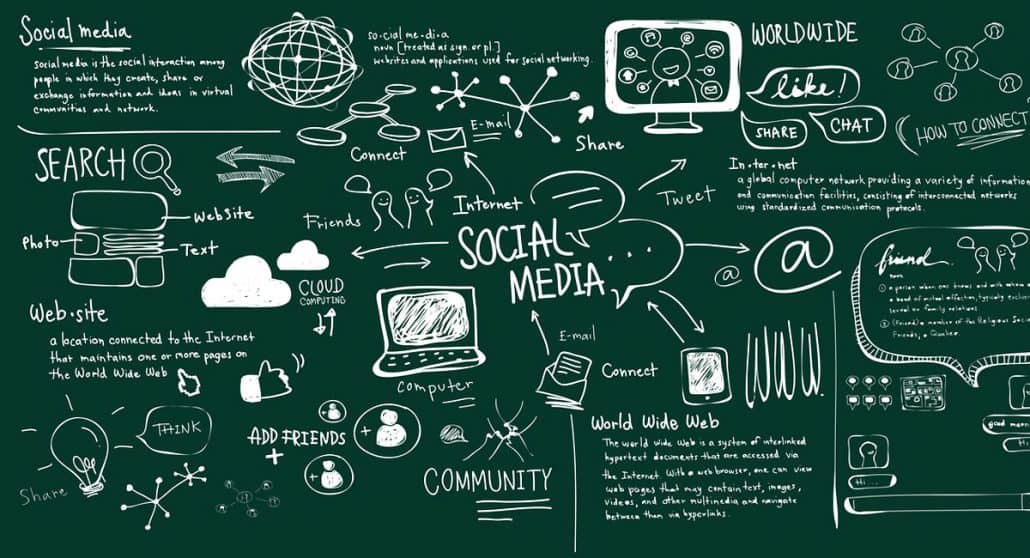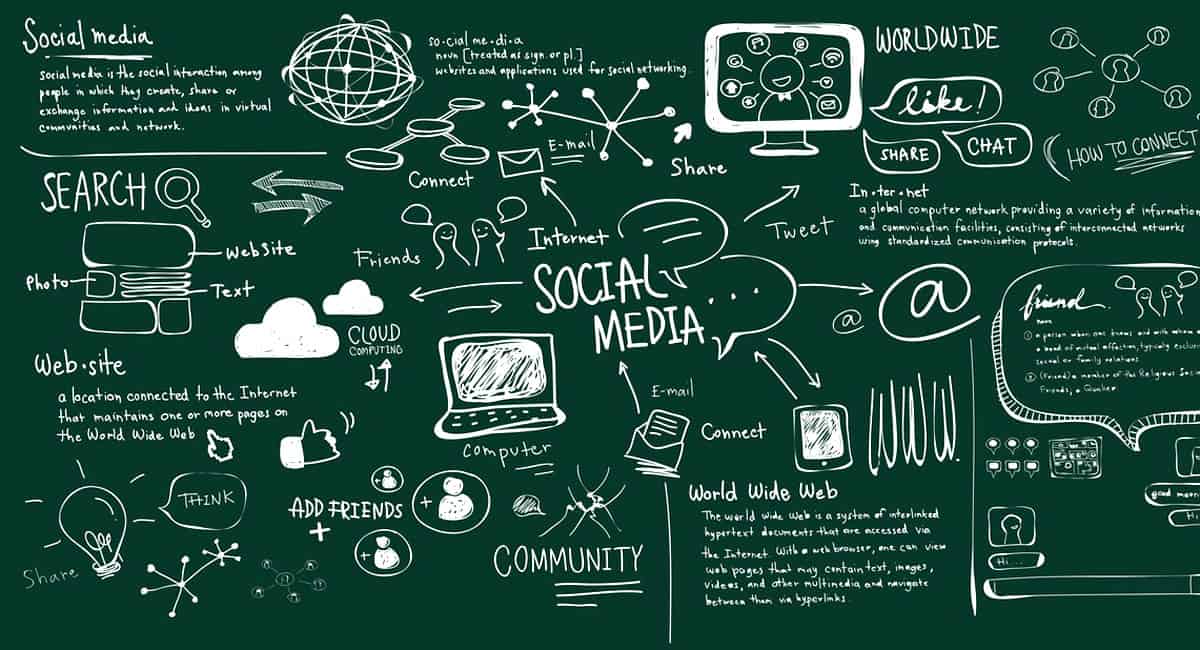By Gavin du Venage
First published in The National
Social media is helping shine a light on one of Africa’s greatest curses – corruption. This in turn is driving a new generation of leaders to put more energy than their predecessors did into fighting graft.
In Angola, President João Lourenço has shut down the activities of wealthy political untouchables, including Isabel dos Santos, who once reveled in the title ‘Africa’s richest woman’. Kenyan President Uhuru Kenyatta is leading an ongoing anti-corruption campaign that he recently complained had resulted in him having “lost so many friends”. South Africa, meanwhile, is holding its biggest ever corruption investigation into ‘state capture’ of up to US$100-billion (Dh367.2-billion) in embezzled government contracts.
At least some of this change in attitude is the result of greater public awareness and consequent outrage over stolen money.
“Just by working with a phone it’s possible for activists and concerned citizens to share information,” says Faith Pienaar, Non-Profit Management Fellow at the Accountability Lab in Johannesburg. “This means everyone has a voice, and ordinary citizens become advocates for anti-corruption.”
Corruption is not an inconsequential problem. The African Union estimates that collectively 25% of the continent’s GDP is lost to graft – around US$150-billion a year. Public tolerance for this in many countries is now diminishing, forcing leaders to at least make a show of change.
In Kenya, Mr Kenyatta is driving a purge of senior officials linked to ongoing scandals that have racked up billions of dollars in losses. In the latest of a long list of scandals, the National Youth Services, meant to provide skills training for young people, has swallowed $78-million in unaccounted spending.
As these skeletons tumble out of the closet, Kenyan Facebook, Twitter, WhatsApp and other platforms have lit up, which Mr Kenyatta admits helps drive the government crackdown.
Speaking at the 73rd UN General Assembly in New York on 26 September, he said Kenyans were now fully aware of the scale of the problem.
“The free press and social media are rife with news of outright fraud, cynical conflicts of interest and financial arrangements that privatise gains during prosperous times, then socialise losses during economic catastrophes,” he said.
Ms Pienaar says younger generations of African citizens are also forging cross border links via social media to help fight corruption. Activists in Kenya can chat to their counterparts in Nigeria. Awareness that a country such as Botswana is almost free of corruption is held up in other countries as an example that graft is not endemically African.
Botswana, incidentally, is ranked 31st least corrupt country by Transparency International out of 180 countries. As a result, Nigeria, at 148, sent a delegation to Gaborone in August to see what the landlocked Botswana was getting right.
Even though Botswana is rarely in the news, young Africans especially are paying attention to successes such as this, says Ms Pienaar.
“Millennials have access to the internet that their predecessors didn’t. This lets them go to the internet, and leverage cross border connections to challenge internal problems such as corruption.”
Online social discourse also makes it harder for African leaders to hide the true extent of graft. Nigerian president Muhammadu Buhari successfully cast himself as an anti-corruption crusader during the 2015 elections, but statistics published in the first ever bribery survey show the country still has some way to go.
More than 95% of all Nigerians pay bribes during a year, the survey found. In total more than $1-billion is paid by ordinary citizens each year to policemen and public officials.
With numbers like these out in the open, citizen outrage begins to count. Tapiwa Uchizi Nyasulu, the regional coordinator for southern Africa for Transparency International, says social media platforms mean senior officials can be directly challenged when they are viewed as failing to curb graft.
With many public officials on social media themselves, it is easier for ordinary citizens to contact them directly.
“We see officials like the Kenyan Director of Public Prosecution and political party leaders in South Africa being increasingly active on social media, which is promising for public engagement and accountability,” says Ms Nyasulu.
Some 18-million South Africans out of a population of 55.9-million have access to smartphones, according to data from mobile provider MTN. Ms Nyasulu says this is not just making it easier for people to follow corruption scandals, but to report incidents of graft themselves.
“Corruption Watch, our chapter in South Africa, has seen a rise in the number of people reporting corruption on Facebook, as well as WhatsApp.”
What is needed however, is commitment to translate anger into action, Ms Nyasulu adds.
“The real test is whether public pressure to combat corruption, which can be galvanised using social media and other new technologies, will be not just heard, but properly acted and followed through upon by those in power.”


